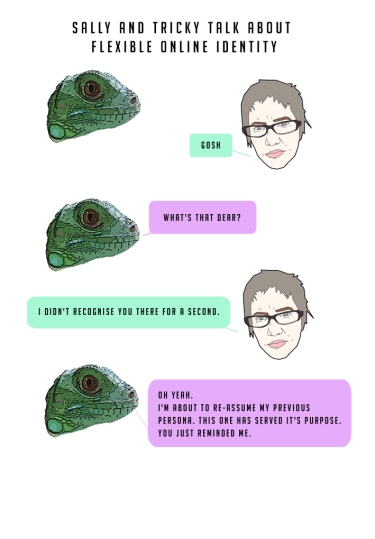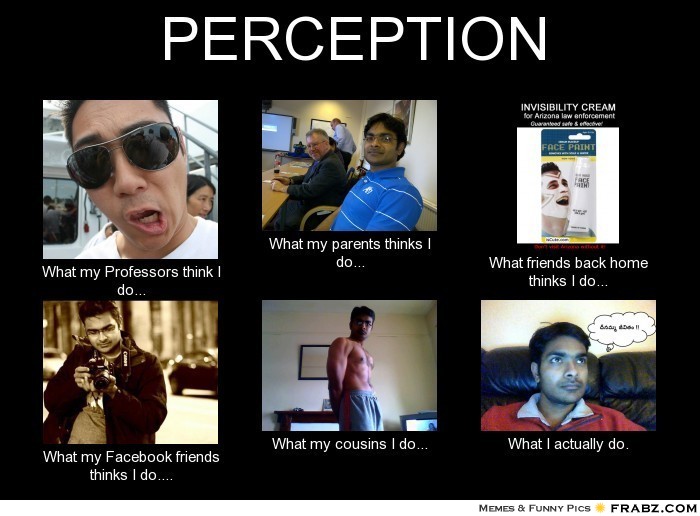
TOPIC 2: Reflection
Many of the blogs this week gave a good general summary of the literature available on online identities and the use of examples made them more relatable to read, see for example Becca’s blog, which I commented on. Some blogs focussed in on specific areas, which was also interesting to read.
Continue reading →



















